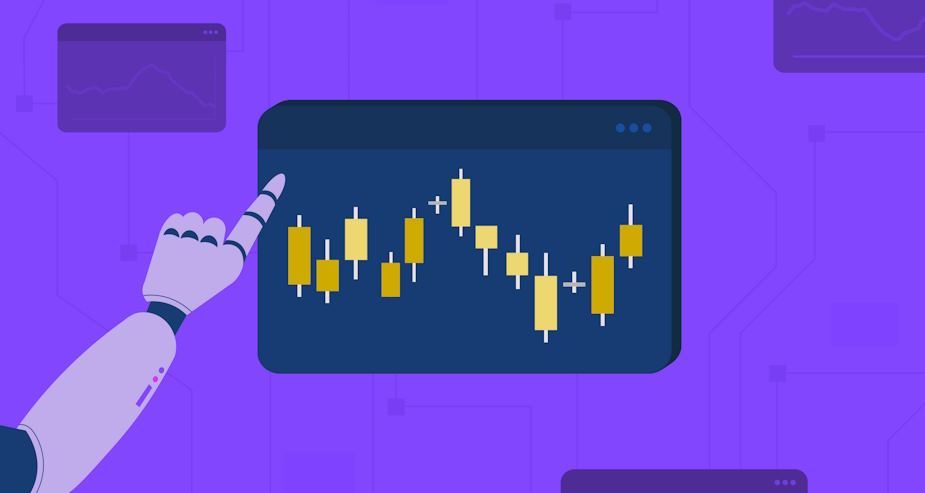
Cryptocurrencies, characterized by their volatile nature and 24/7 trading cycle, present a unique challenge and opportunity for investors and traders. Enter artificial intelligence, a dynamic force that has seamlessly integrated into the realm of finance, offering sophisticated tools to navigate the complexities of the crypto market. We delve into the trends, strategies, and innovations that define algorithmic trading and market analysis, showcasing how this symbiotic relationship has transformed the way we perceive, engage with, and profit from the ever-dynamic world of digital assets.
Algorithmic Trading Strategies in the Crypto Market
AI-driven trading strategies have transformed the crypto landscape. High-frequency trading (HFT), an approach known for its rapid execution of orders, has gained prominence. Scalping strategies and arbitrage opportunities are actively pursued in the crypto realm. Moreover, trend-following, momentum-based, mean reversion, and sentiment-based strategies have all found a place in traders’ arsenals. The integration of multiple AI techniques has led to the creation of hybrid strategies that exploit market inefficiencies.

AI-Powered Market Analysis
Market analysis, a cornerstone of successful trading, has been elevated by AI. Real-time data processing and predictive modeling have become attainable due to AI’s capabilities. Time series analysis and price pattern recognition enable accurate price forecasting. Volatility analysis and risk management are more refined, resulting in more informed decision-making. Additionally, AI’s ability to uncover correlations between cryptocurrencies and external factors adds another layer of insight.
Challenges and Risks
While AI’s impact is transformative, challenges and risks exist. Overfitting and data snooping can lead to erroneous conclusions. The lack of interpretability in AI-driven decisions raises concerns about their reliability. Regulatory oversight and the potential for market manipulation are real risks. Additionally, the dependence on historical data might not account for changing market dynamics.

Case Studies: Successful AI-Driven Crypto Trading
Numerous success stories illustrate the effectiveness of AI-driven crypto trading. Quantitative hedge funds and proprietary trading firms have embraced AI algorithms to outperform traditional strategies. Leading crypto exchanges have integrated AI-powered features to enhance user experiences. Even individual traders have reported substantial gains through their AI-driven approaches.
The Future Landscape of AI and Cryptocurrency Trading
The future promises continued evolution. AI techniques will likely become more sophisticated, with a potential convergence with decentralized finance (DeFi). Regulatory developments will play a crucial role in shaping the AI-driven trading landscape. Balancing challenges and opportunities will be essential in this evolving arena.
Ethical Considerations
As AI becomes more prevalent in trading, ethical considerations must be at the forefront. Ensuring transparency and fairness in AI models is crucial to maintain trust. Addressing biases in AI decisions is vital to prevent systemic inequalities. Moreover, the social and economic implications of algorithmic trading should be carefully assessed.

